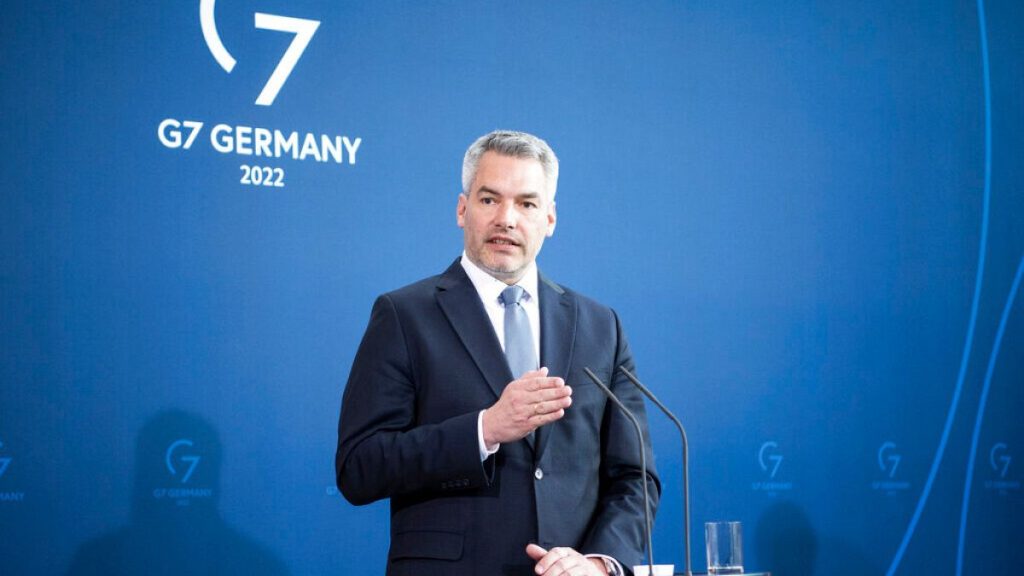The attempt to form a new government in Austria involving the three parties, Austrian People’s Party, the Social Democrats, and the Neos party has failed after the Neos party decided to pull out of negotiations. This was in response to the inability to make progress or agree on fundamental reforms during the talks. The collapse of these discussions came after the far-right Freedom Party won national elections in September and became the largest party with 29.2% of the vote. This forced the other parties to seek a coalition agreement with smaller majorities. The Austrian People’s Party and the Social Democrats now hold the slightest majority in parliament with 92 out of 183 seats.
The Neos party, led by Beate Meinl-Reisinger, made the decision to end discussions after it became apparent that reaching an agreement on key reforms was not possible. Despite efforts to form a three-party ruling coalition, ongoing disagreements led to the Neos party declaring that its members would not continue with the talks. With all other parties unwilling to work with the leader of the far-right Freedom Party, Herbert Kickl, who had garnered the most votes in the national elections, the remaining parties were left to try and find common ground among themselves to form a workable coalition agreement.
The collapse of the government formation talks in Austria comes at a critical time for the country, as political stability is needed to address various issues facing the nation. With the far-right Freedom Party’s electoral success necessitating the formation of a coalition with smaller parties, finding common ground and reaching a consensus on key reforms has proven challenging. The Austrian People’s Party and the Social Democrats now face the task of governing with the slimmest of majorities in parliament, raising questions about the stability and effectiveness of any government that may result from this situation.
The decision by the Neos party to withdraw from the government formation talks highlights the difficulties in forming a coalition government in a fragmented political landscape. With multiple parties holding critical seats in parliament, reaching consensus on key policy issues becomes increasingly challenging. The collapse of negotiations reflects the broader political divisions within Austrian society and the challenges of finding common ground among parties with differing ideological perspectives.
Moving forward, the Austrian People’s Party and the Social Democrats must navigate the complexities of governing with a slim majority in parliament. This presents challenges in passing legislation and implementing key reforms, as any dissent among coalition members could derail the government’s agenda. The collapse of the negotiations underscores the need for political leaders to prioritize compromise and dialogue in order to address the pressing issues facing the country and ensure stability and effectiveness in government.
In conclusion, the failure to form a new government in Austria following the collapse of negotiations involving the Neos party underscores the challenges of coalition building in a fragmented political landscape. As the Austrian People’s Party and the Social Democrats attempt to govern with a narrow majority in parliament, the need for consensus-building and cooperation among political parties remains paramount. Finding common ground on key policy issues and reforms is essential to addressing the pressing challenges facing the nation and ensuring stability and effective governance in the future.













